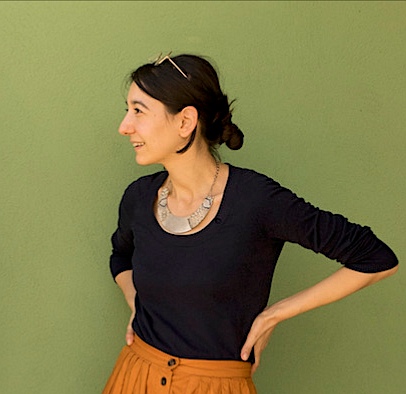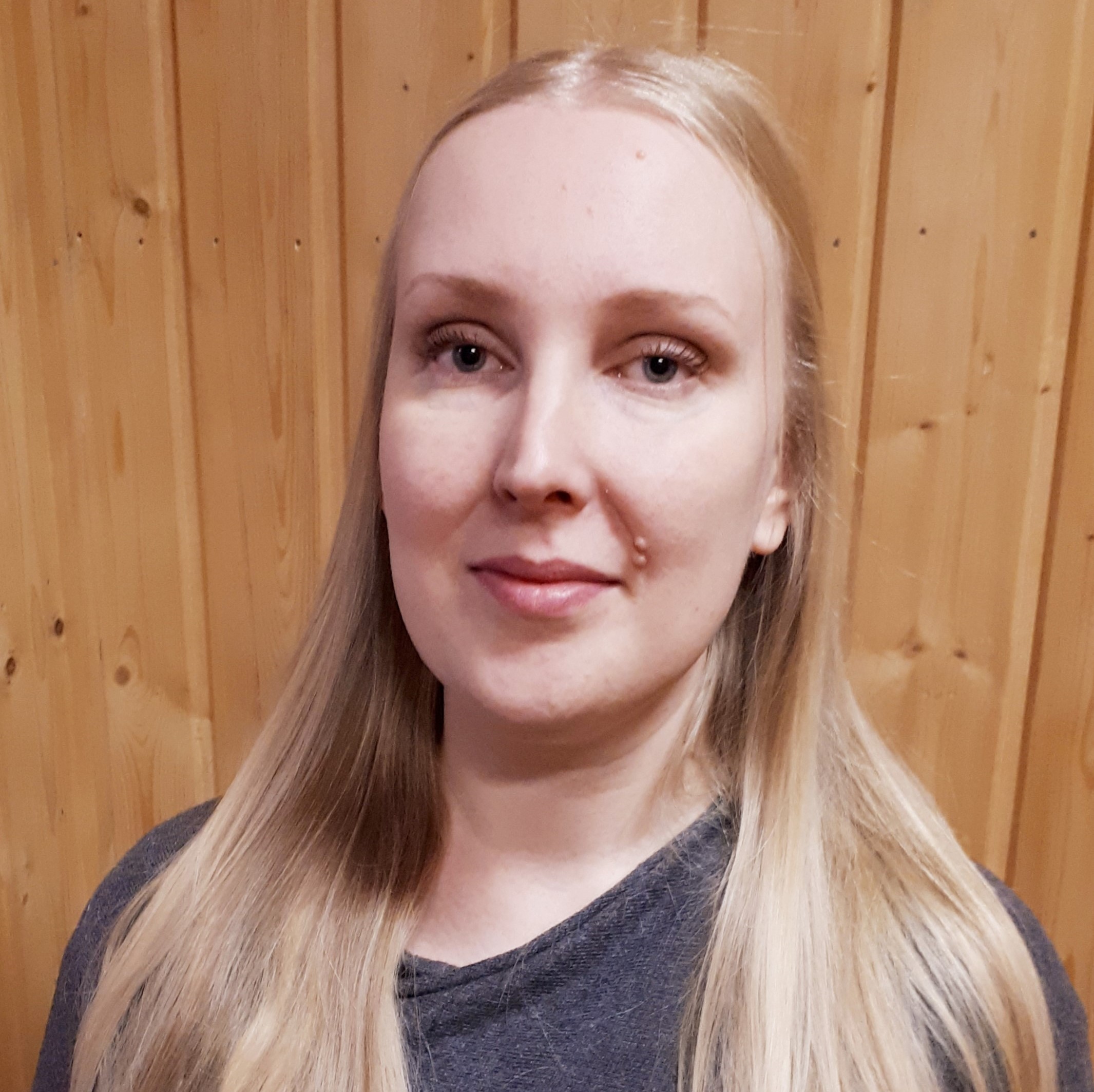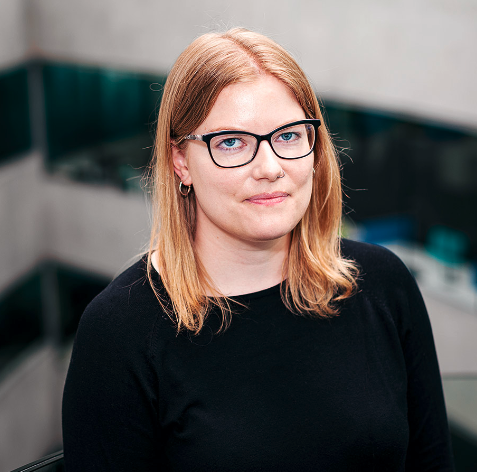-
Monica Vasile is an environmental historian with a background in anthropology. Her current research examines histories of wildlife conservation aimed at undoing extinction, with a focus on reintroductions of endangered species and rewilding. Monica is currently writing her second PhD as part of the research group ‘Moving Animals’, based at Maastricht University. Previously she researched the political ecology of forests in the Romanian Carpathian Mountains. Her career includes the VisitANTS fellowship at the University of Oulu, fellowships at the Rachel Carson Center in Munich, and research roles at the Max Planck Institute for Social Anthropology and the Romanian Academy of Sciences. Within NEXTGATe, Monica coordinates the team and co-organizes the Writing Support Programme with Prof. Andrea Gaynor.
Twitter: @monica_vasile
Email: i.vasile@maastrichtuniversity.nl
Website: https://www.maastrichtuniversity.nl/p70070321
-
Goran Đurđević is a Croatian-born archaeologist and ancient and environmental historian who works as a Lecturer/Assistant Professor at Beijing Foreign Studies University. He has been educated in Croatia (University of Zadar), India (Mumbai University), China (Capital Normal University in Beijing) and the United States (UCLA) in the fields of archaeology, history, and comparative mythology. He obtained a PhD in Archaeology at Capital Normal University in 2021, with a dissertation titled “Reflection in Qin – Han and Roman Art: A Comparative Study of Ancient Mirrors.” Goran’s research interests include global antiquities and comparative archaeology, digital humanities, and environmental humanities. He has received a PhD scholarship from the Government of People’s Republic of China, an outstanding student scholarship from the Croatian Ministry of Science and Education, and a Rector’s Award for the academic years of both 2007/2008 and 2011/2012 at the University of Zadar.
Twitter: @gdjurdjevich
Email: djurdjevich@bfsu.edu.cn
Website: www.djurdjevi.ch
-
Tanja Riekkinen is a PhD candidate in History, an affiliated member of Biodiverse Anthropocenes Research Programme, and a course responsible teacher in the Scandinavian Studies Programme at the University of Oulu. Her doctoral project, titled “Petrofutures: Imagining Finnish Oil Culture, 1945–1973,” combines approaches from history, science and technology studies, and energy humanities. This research has been funded by the Kone Foundation, Otto A. Malm Foundation, and Kerttu Saalasti Foundation (2018-2022). Both her BA and MA theses were awarded as the “Best Thesis of the Academic Year” in her major (Finnish History) in the Department of History at the University of Oulu. Tanja is also a board member of The Society for Regional and Environmental Studies AYS, its representative in the editorial board of the online popular science publication Versus, and a representative in the Doctoral Training Committee of Human Sciences at the University of Oulu.
Twitter: @TanjaRiekkinen
Email: Tanja.Riekkinen@oulu.fi
Website: https://beta.oulu.fi/en/researchers/tanja-riekkinen
-
Sebastian Lundsteen is a Ph.D. candidate at The Greenhouse – An Environmental Humanities Researcher Group based at the University of Stavanger. With a background in history and anthropology, his dissertation, Submergence: Environmental Justice and the Specter of Chemical Pollution, investigates one of the most severe and extensive environmental contamination cases in Danish history, the consequences of which are still unfolding today. He is particularly interested in situating questions around environmental justice in a Scandinavian context, where he seeks to understand the complex and intertwined relationship between temporal and spatial dimensions of pollution and toxicity and the community living in and with it.
Twitter: @S_Lundsteen
Email: Sebastian.Lundsteen[a]uis.no
Website: sebastianlundsteen.com
-
Mona Bieling is a postdoctoral researcher at the Chair for the History of Modern Societies at Helmut-Schmidt-University Hamburg. She received her PhD from the International History and Politics Department at the Geneva Graduate Institute in Switzerland. Her research has focused on the intersection between landscape changes and power relations during the British Mandate for Palestine. Mona is generally interested in the intersections between environmental and colonial history, and the environmental knowledge transfers between colonial projects, especially in the realm of botany. Mona has worked as Research and Teaching Assistant and has been a Landhaus Fellow of the Rachel Carson Center.
Email: bielingm@hsu-hh.de
Website: https://www.hsu-hh.de/histec/mona-bieling
-
Jabulani Shaba is a postdoctoral fellow in the AFREXTRACT project researching on the Political Ecology of Extraction at the University of Groningen, Netherlands. He obtained his PhD in History at Stellenbosch University, South Africa. He is interested in Environmental History, Political Ecology and Resource Extraction.
-
Jonatan Palmblad is a cross-disciplinary scholar primarily focusing on the workings of human–environment interaction, and the role that psychology and technology play therein. He obtained his PhD in Environmental Humanities at the Rachel Carson Center for Environment & Society, LMU Munich, in 2023, and is currently senior editor at the Center. Jonatan’s interdisciplinarity encompasses, but is not limited to, philosophy, history of ideas, history of technology, human ecology, ecocriticism, and environmental psychology. He has a B.A. in Liberal Arts and an M.A. in History of Science and Ideas from the University of Gothenburg, Sweden.
-
Who we are
Inspired by the success of other academic societies in supporting their early-career members–such as through the ASEH Grad Caucus, the NiCHE New Scholars Network, and the Tensions of Europe Network (ToE)–the ESEH Board established its Next Generation Action Team (NEXTGATe) in June 2018. NEXTGATe aims to strengthen the presence and influence of early career scholars in the environmental history field in Europe and beyond, and to offer a space for frank, open discussions and collaboration among this group of environmental historians. Its work builds upon previous discussions on professional and financial uncertainty, the lack of visibility of the field in specific geographical contexts, and an inadequate professional network.
Read more: https://www.ingentaconnect.com/content/whp/eh/2018/00000024/00000004/art00011#
Latest news
- Call for Papers: Third Baltic Conference on the Environmental Humanities and Social Sciences (BALTEHUMS III)
- Call for Conference Papers Between the Local and the Global: Unpacking Environmental History of Ukraine Centre for Advanced Study, Sofia, Bulgaria, 25-26 September 2024
- CfP: Cultures of Automobility, University of Konstanz (Germany), 10-12 October 2024
- Job Opportunities: ERC Starting Grant project WHEP
- Postdoctoral fellowship in Environmental History, ERC StG 2023 project INWOOD







